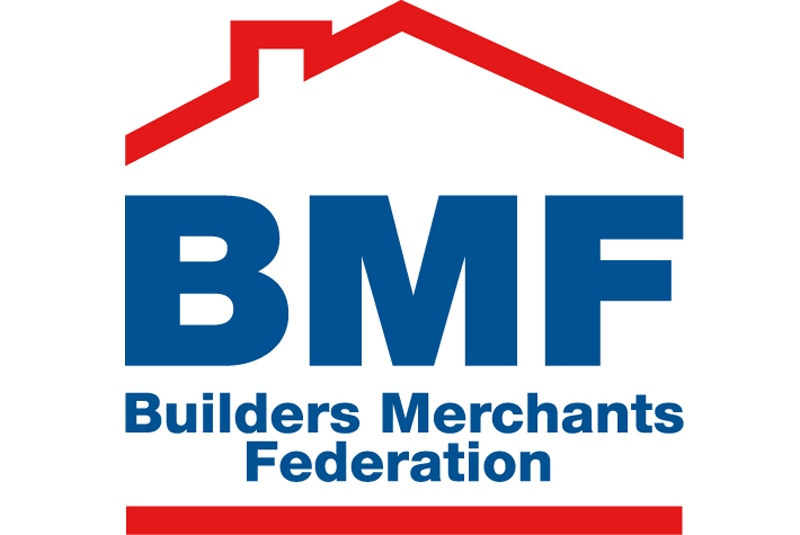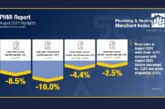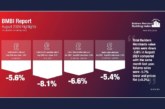
The UK Government is right to listen to the building materials’ supply chain if it wants to switch the emphasis for investing in apprentices from taxpayers to employers, the Builders Merchants’ Federation (BMF) has said.
This was in response to decisions announced this week by Justine Greening MP, Secretary of State for Education, about the Apprenticeships’ Levy that is due to be introduced next April.
With four months’ to go, the BMF has issued a briefing to all its members to outline the policy as it stands in England, highlight the main changes and explain the likely effects for building, plumbing and timber merchants and suppliers.
John Newcomb, BMF Managing Director, commented: “The BMF has been involved in the Apprenticeships’ Levy since the then Chancellor, George Osborne, announced it in July 2015 Budget. We did not ask for a compulsory new levy to be imposed on our members. There is a case for greater employer participation in the training and funding of apprentices, and we were not convinced the early proposals were the right ones.”
“Taking on the youngest apprentices has additional costs for employers, such is the extra time taken to supervise and mentor them. We are pleased that ministers have recognised this in additional payments for 16-18 year olds. We are also pleased that training for 16-18 olds by our members who employ fewer than 50 people will be met in full by the taxpayer.”
Small and micro-businesses play a crucial role in helping young people into work for the first time. These companies are the overwhelming majority of customers of merchants the BMF represents. Moves to clarify funding, eligibility and administration are welcome. Concessions have been won on additional payments and allowing longer for BMF members to spend their Levy contributions.
The absence of clarity on how the Levy will operate in Scotland, Wales and Northern Ireland continues to give the BMF cause for concern. Education and training & skills’ policy is devolved to Edinburgh, Cardiff and Belfast. Their schemes have different funding arrangements, procedures & qualifications. Mr Newcomb said there is a more to do between the four nations – especially on cross-border rules for BMF members who trade across internal borders. It is imperative that different rules & rates are clear to employers, training providers and training assessors.









